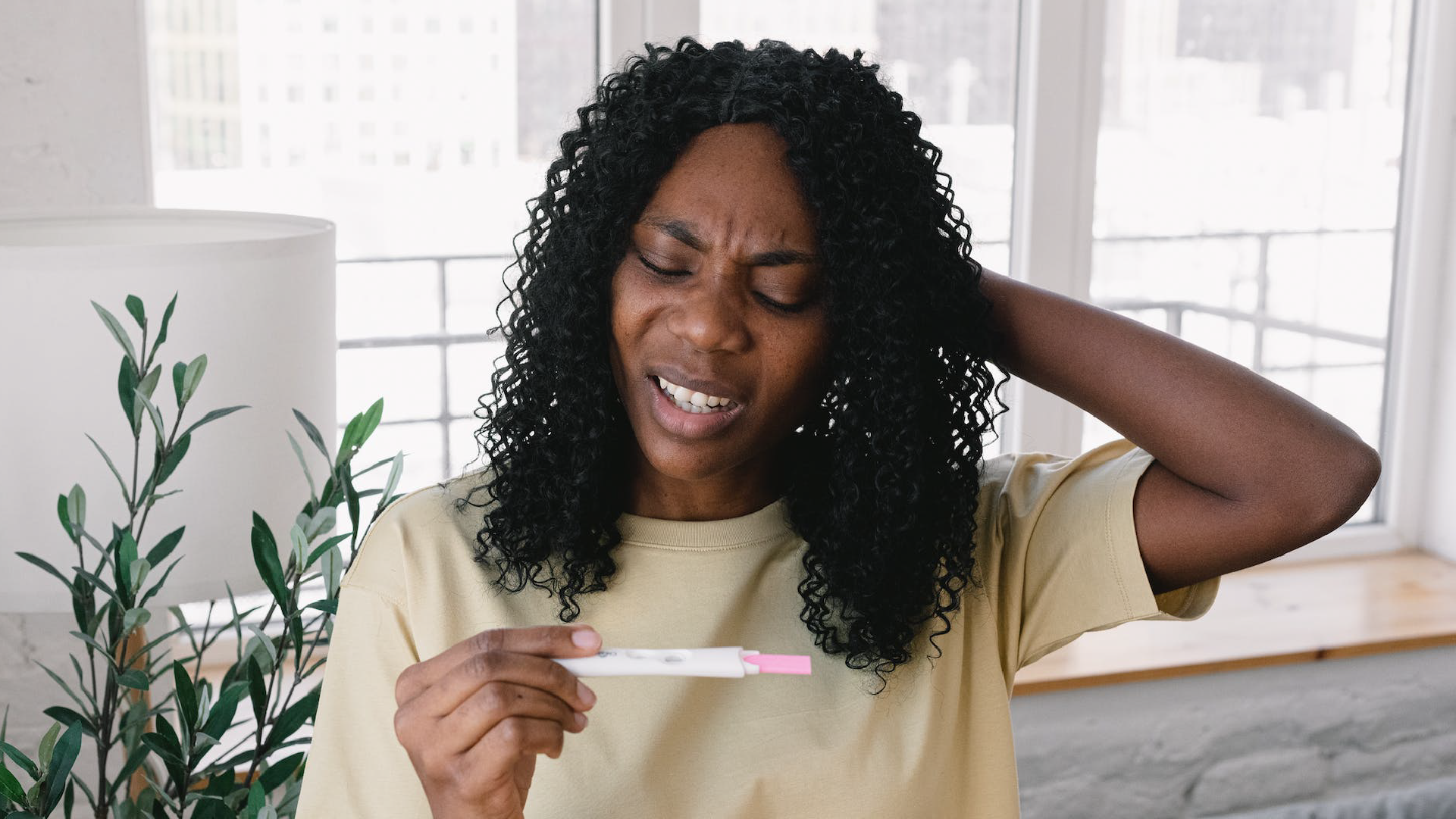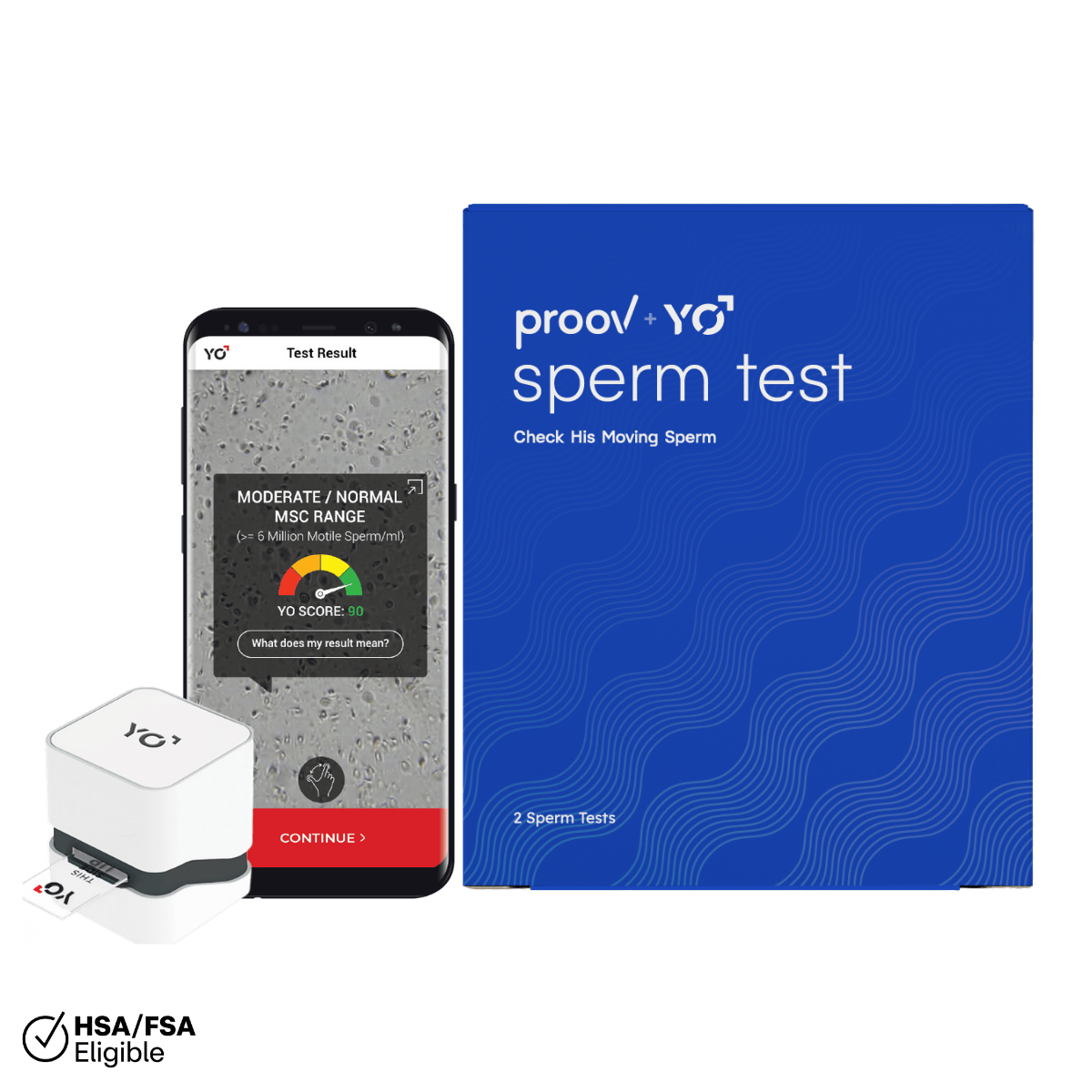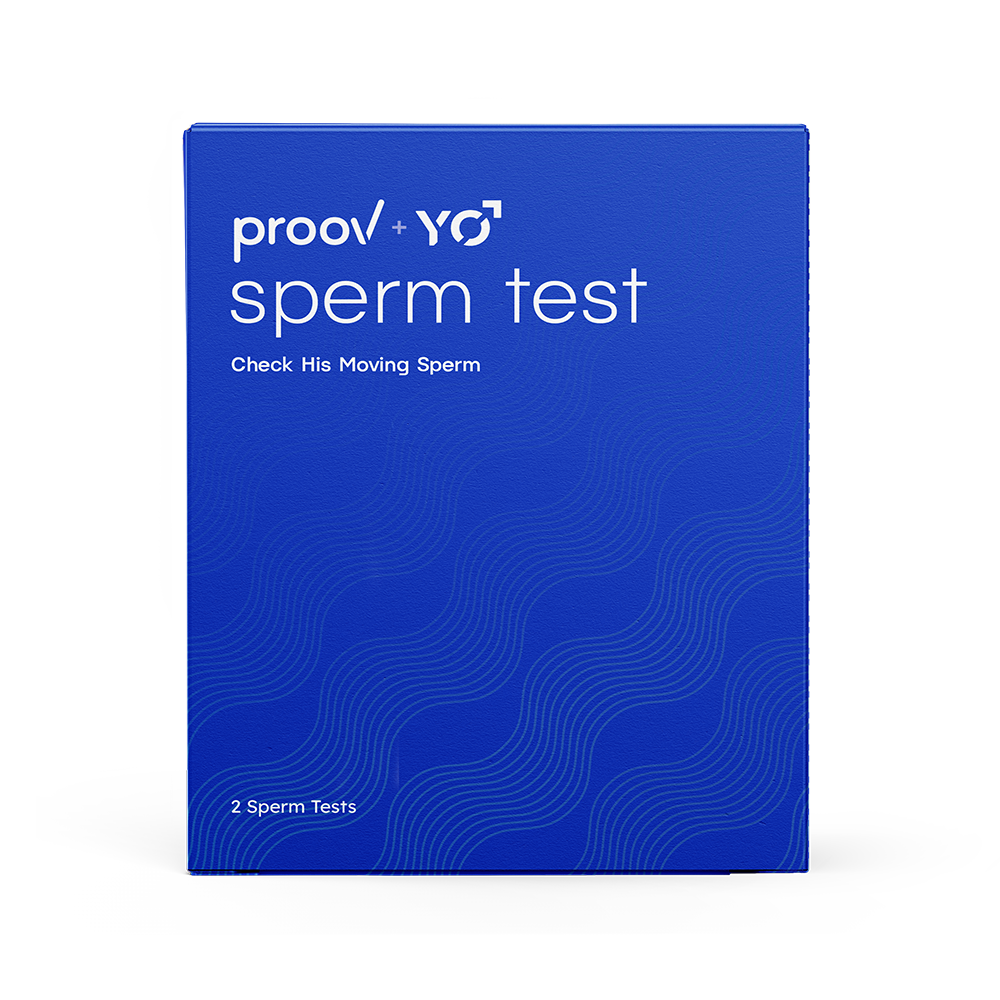If you’ve ever missed a period, you know how stressful it can be! If you’re trying to conceive, or even sexually active, then it may be a good idea to take a pregnancy test if your period doesn’t show up when you expect it. But what happens if it’s a negative pregnancy test? What are other reasons you may have a missed period? Could the test result be a false negative? Let’s explore the answers!
Common Reasons for Irregular Cycles
The most common cause for a missed period outside of pregnancy is irregular cycles. Menstrual cycles that are considered regular last anywhere from 24 to 36 days in length, which makes them fairly easy to predict and prepare for each month. Irregular cycles don’t follow this consistent pattern and may be shorter or longer than expected. Sometimes there’s so much time in between cycles that it seems you’ve “missed” a period. Why does this happen?
It could be because of a number of reasons. There are certain medical conditions, like PCOS, that make it more difficult to ovulate, which delays the start of your next period. There are also lifestyle factors that can influence when your next period begins, like over exercising, under eating, or experiencing high levels of stress.
In each scenario, the missed period is usually caused by late ovulation.
Late Ovulation
What is late ovulation?
Ovulation occurs when a mature egg is released from the ovary. Several reproductive hormones are involved in this process, including FSH, estrogen, LH, and progesterone. When all hormones are balanced and there are no issues with ovulation, the release of the egg typically occurs 11-15 days before the next period begins. For those with regular cycles, this may be around cycle day 14. If there are any hormonal imbalances, ovulation may occur much later. The later ovulation occurs, the longer the cycle has the potential to be.
Is it normal to ovulate late?
Each individual is unique, and each of their menstrual cycles is unique. It is very common not to ovulate on exactly the same day each cycle. Ovulation could happen on cycle day 14 one cycle and cycle day 19 the next. This type of variability is normal and not anything to warrant concern.
When late ovulation becomes a pattern, or the time in between cycles is increasing beyond 35 days, it may be time to work with your medical provider to determine why. This could indicate lifestyle concerns, high levels of stress, or even hormonal imbalances or medical conditions like PCOS.
How can I track my Ovulation?
The best way to pinpoint when to expect the next period is to first track ovulation. Since ovulation occurs 10-14 days before the next period, this significantly increases confidence in knowing when to expect a period or take a pregnancy test.
There are many fertility awareness based methods available that provide education on reproductive biomarkers that change before and after ovulation. These include observation of cervical mucus, basal body temperature, cervical changes, and more.
There are easy, at-home hormone tests available to give you this information, as well! Proov’s Complete bundle is designed to help you identify these hormonal changes to spot ovulation and then confirm it’s occurred.
Identifying ovulation also helps to reduce false negative pregnancy tests.
False Negative Pregnancy Tests

Taking a pregnancy test without feeling confident in its accuracy is downright frustrating. When you decide to take a pregnancy test, you want to make sure you can trust the result!
What could cause a false negative on a pregnancy test?
A false negative occurs when there is actually a pregnancy, but the levels are too low to register on a pregnancy test.
This could occur because the urine sample used is too diluted to get an accurate result. To prevent this from happening, try using the first urine sample of the day. This sample is usually the most concentrated, since you neither urinate nor consume liquids while you sleep.
A false negative could also occur because the test was taken too close to ovulation and the hCG (measured by the test) hasn’t yet had sufficient time to increase.
When’s the best time to take a pregnancy test?
The best time to take a pregnancy test is after a missed period. Waiting until this point allows plenty of time for the hCG to rise after implantation, and you can be confident that the result is accurate.
Don’t want to wait that long? You can test earlier, but remember that it may be too soon to know for sure.
If you’ve waited until you missed a period, and the pregnancy test was negative, you may have experienced a late ovulation. Ovulation can be delayed for a variety of reasons, some very common and some due to underlying medical conditions. The first step is to confidently identify ovulation so that you can know more about this important event in your cycle, and exactly when your next period should start!













